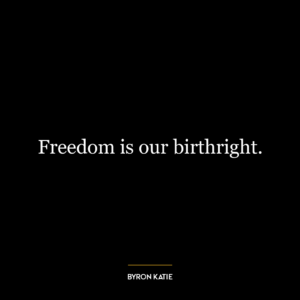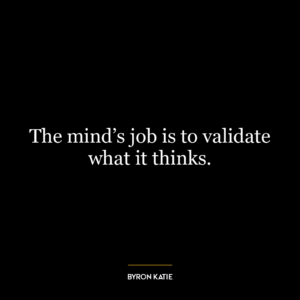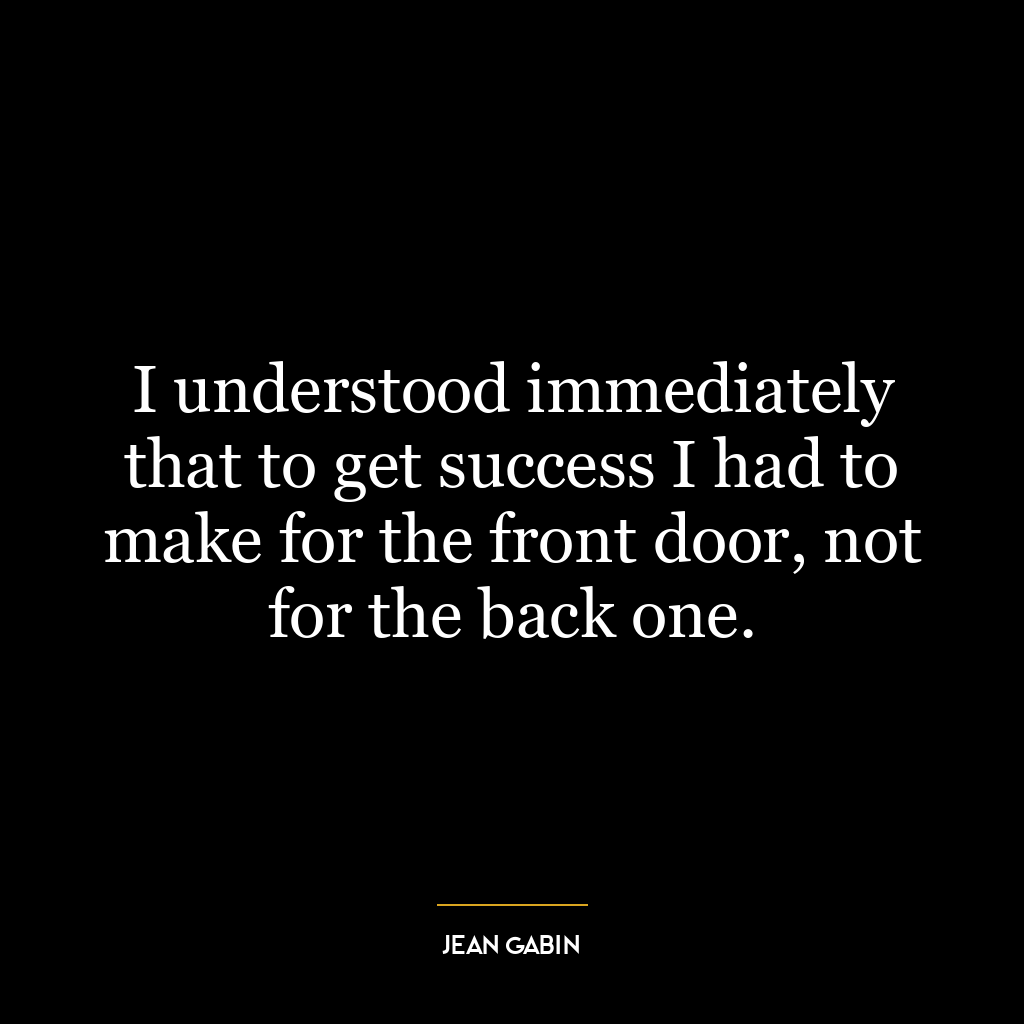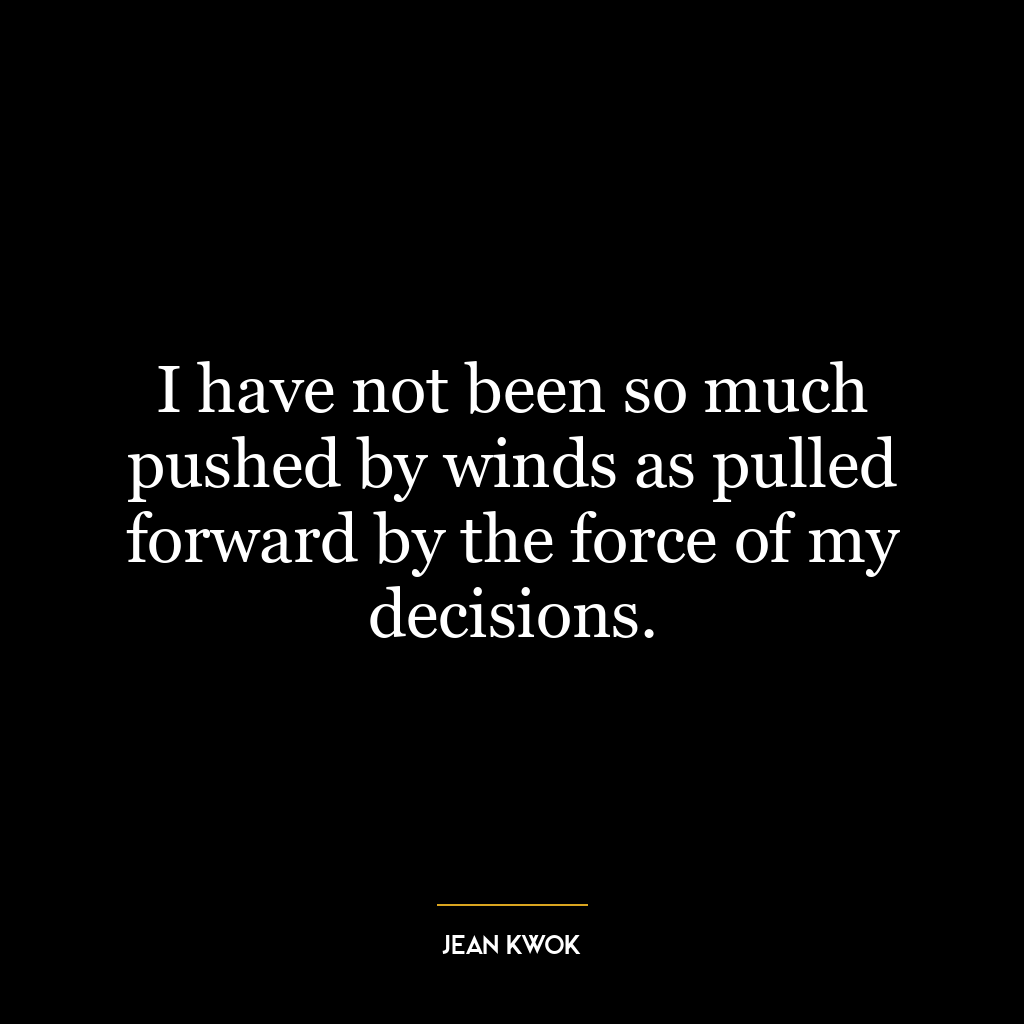This quote is a powerful testament to the power of self-belief and determination. It speaks to the idea of going after what you want without hesitation or fear of obstacles. The first part of the quote, “If I want something, I go get it,” is a straightforward assertion of intent and action. It suggests that the speaker does not wait for things to come to them, but rather takes proactive steps to achieve their desires.
The second part, “Anything that I believe will stop me, I question,” delves into the mindset of overcoming self-doubt and perceived obstacles. It suggests a conscious effort to challenge and confront any negative beliefs or thoughts that may hinder progress. Instead of accepting these as absolute truths, the speaker encourages questioning them, thereby opening the possibility of overcoming these barriers.
In today’s world, this quote can be applied in various contexts such as personal development, career growth, or even social change. For instance, in personal development, one might have a goal to become more confident. Instead of accepting their current state of self-doubt, they would actively seek ways to improve their confidence, such as through public speaking or assertiveness training. If they believe something, like the fear of public speaking, will stop them, they would question this fear, explore its roots, and seek ways to overcome it.
In career growth, if an individual desires a promotion but believes they lack certain skills, they would not accept this as a limitation. Instead, they would question this belief, perhaps by seeking feedback from others, and take steps to acquire the necessary skills.
In the context of social change, if a group wants to effect change but believes certain societal structures or norms are hindering them, they would question these barriers and strategize ways to overcome or dismantle them.
In all these scenarios, the underlying principle is the same: desire coupled with proactive action and a refusal to accept perceived limitations. This idea encourages individuals to be active agents in their own lives, constantly questioning, learning, and growing.











